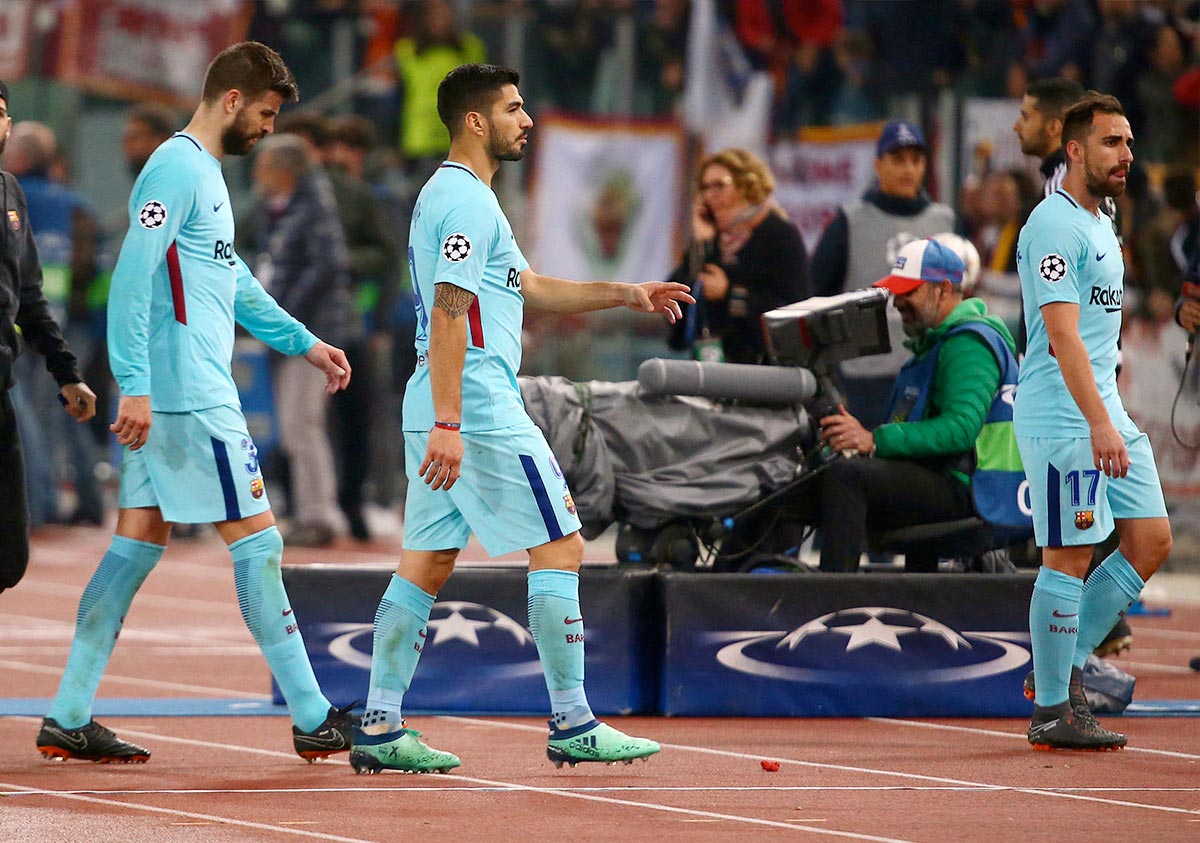
Big data is quantitative and to a certain degree can accommodate logic, but emotion is one factor in live sport that even the best databases and scientists in the world cannot master
Big data is a $122 billion industry in the US. No doubt the value of big data has been drive upwards by tech companies such as Facebook, Amazon, Netflix and Google. The Facebook-Cambridge Analytica scandal also highlighted the dangers associated with ‘data scraping’. Big data and algorithms have been applied to almost every aspect of our daily life and now the sport business. By quantifying everything, we are associating more value with the ‘measurable’ than the ‘immeasurable’. But is this logical in an industry where emotion is so influential?
Mathematician and data scientist Cathy O’Neil, author of ‘Weapons of Math Destruction’, says “algorithms don’t make things fair, they repeat past practices – They automate the status quo”. In sport, we have become almost obsessed with predicting the outcome of matches or individual performances by crunching data. Tricia Wang, an alumna of Harvard’s Berkman Klein Centre for Internet and Society also raises a valid point: “relying on big data alone increases the chance we will miss something by giving us the illusion that we know everything”.
Tiger Woods first return to the US Masters since 2015 sent statisticians, pundits and golf fans into overdrive. With a number of good tournament results in the build-up to the US Masters, there was speculation about Tiger’s ability to win another Green Jacket. Logic told us this would be highly unlikely but hey, it’s Tiger. What is more impressive is Tiger’s impact on TV viewing ratings in the US Master’s history – about 50% above the long-term average-. The next three highest ratings came in 1975, 1972 ad 1966, when Jack Nicklaus won three of his six Green Jackets. From 1955 to 2017, no other players get close to the TV ratings of these two legends of the game.

Tiger Woods, in the last US Masters * Photo: EFE/Andrew Gombert
Equally, the five lowest-viewed final rounds of the US Masters coincided with Tiger’s three absences and his two worst finishes. And, just to raise another question mark about data and predictions, the eventual winner Patrick Reed was ranked outside the Top 20 in the world. According to some experts, Reed was not capable of winning because no other time winners had won being ranked outside the Top 20. There is always a first.
If additional evidence was needed, one only had to watch the Champions League matches. Was it feasible that FC Barcelona would allow Roma to overtur a 3-1 deficit with a 3-0 victory and win on away goals? Especially when Roma lost their previous encounter 6-1 with Barcelona in 2015. Barcelona were coming off a 38-match unbeaten run, a record that was set by Real Sociedad between April 1979 ad May 1980. There is no data or logic that could have predicted the result. As Daniele de Rossi, captain of Roma said afterwards, the full stadium instilled a belief in the team that if the fans believed then the players could also believe the impossible was possible.

For the third consecutive year, FC Barcelona was eliminated in the quarterfinals of the Champions League * Photo: AP-Reuters-AFP
Big data is quantitative and to a certain degree can accommodate logic as algorithms that manage data are programmed by humans, who also have opinions. But, emotion is one factor in live sport that even the best databases and scientists in the world cannot master which is quite a relief, otherwise sport might become predictable and that would be boring.
MASTER IN
Sport Management Online
The main objective of the Master in Sport Management Online is to train you to use management tools to help you recognize business opportunities, develop strategies, anticipate changes, optimize resources and analyze information judiciously, without the obstacles of time or place and adapting the pace of study to your individual workload and availability.
Sign up






